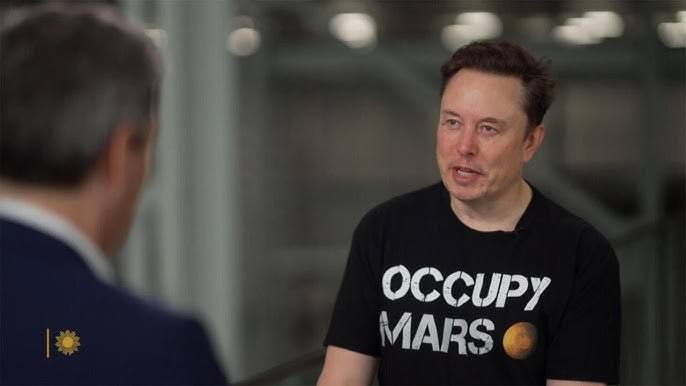Elon Musk Differs from Trump on Budget, Tags it Nightmare

Billionaire entrepreneur Elon Musk has unleashed a scathing attack on President Donald Trump’s proposed budget plan, labeling it a fiscal nightmare that will cripple the nation’s finances.
Musk’s criticism comes just days after he stepped down from his role as a special government employee, where he led the Department of Government Efficiency.
In a post on the social media platform X, Musk expressed his outrage over the bill’s potential to balloon the federal deficit to a staggering $2.5 trillion, leaving American taxpayers with an unbearable debt burden.
He condemned the lawmakers who supported the bill, stating that they were aware of the harm it would cause.
The contentious budget plan, championed by President Trump, aims to reduce taxes while increasing spending on various sectors, including oil drilling, military, and border security. However, it also includes significant cuts to essential programs such as Medicaid and food assistance.
According to the Congressional Budget Office, the legislation could add a whopping $3.8 trillion to the national debt over the next decade, with the wealthiest Americans reaping the most benefits while the lowest income brackets suffer the most.
White House Press Secretary Karoline Leavitt downplayed Musk’s criticism, stating that the President was aware of Musk’s stance on the bill and remained committed to its passage. Leavitt described the bill as “big and beautiful,” echoing the President’s sentiment.
Musk’s disapproval of the bill is not new, as he had previously expressed concerns that it undermined the mission of the Department of Government Efficiency to reduce federal spending.
He reiterated his disappointment over the weekend, stating that a bill could either be substantial or beneficial, but not both.
The legislation proposes $1.5 trillion in spending cuts as a condition to unlock $4.5 billion in tax reductions.
However, if the necessary savings are not identified, the tax benefits will be scaled back proportionally. The Congressional Budget Office warns that the bill will disproportionately benefit the wealthy while reducing resources for the most vulnerable Americans.









